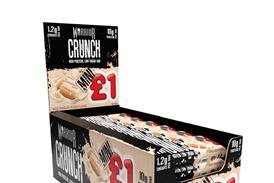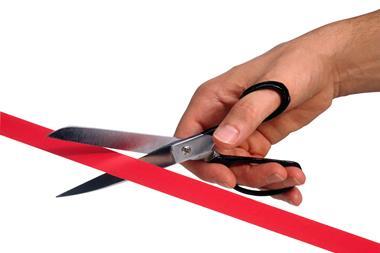News that retailers will soon receive clear and specific guidance on the sale of psycho-active substances - also known as ‘legal highs’ - to help them avoid prosecution has been welcomed by the Association of Convenience Stores.
The government is seeking to ban legal highs under a new Psychoactive Substances Bill, but the definition of what they actually are is loose.
‘Legal highs’ are designed to mimic the effect of illegal drugs such as cannabis, cocaine and ecstasy and are not covered by current misuse of drugs laws. This means they are technically legal to use, often marketed as incense, salts or plant food.
Addressing members of the House of Lords prior to the second reading of the Bill, ACS chief executive James Lowman said: “We believe that the banning of legal highs is a positive step, but these products must be clearly defined and retailers provided with comprehensive guidance so that they do not fall foul of the regulations.”
Home Office minister Lord Bates has since pledged to work with the ACS “to provide bespoke guidance”.
A number of retailers are already facing enforcement action for selling psychoactive substances under different laws including the General Product Safety Regulations.
Psychoactive substances have been seized from a number of stores in Lincolnshire, and Lincoln itself recently became the first UK city to implement a ban on taking them in public, Andy Wright, principal trading standards officer for Lincolnshire Trading Standards told Convenience Store. He added: “We have found psychoactive substances in a number of stores. We believe that these substances are unsafe and their sale constitutes a criminal offence.
“Under the regulations stores caught selling the substances can face a fine and even a prison sentence.”
Last month a newsagents in Byker was threatened with closure by Northumbria Police for selling psychoactive substances which it claimed were contributing to antisocial behaviour.
Ranja News has now removed the products from its shelves.
















No comments yet